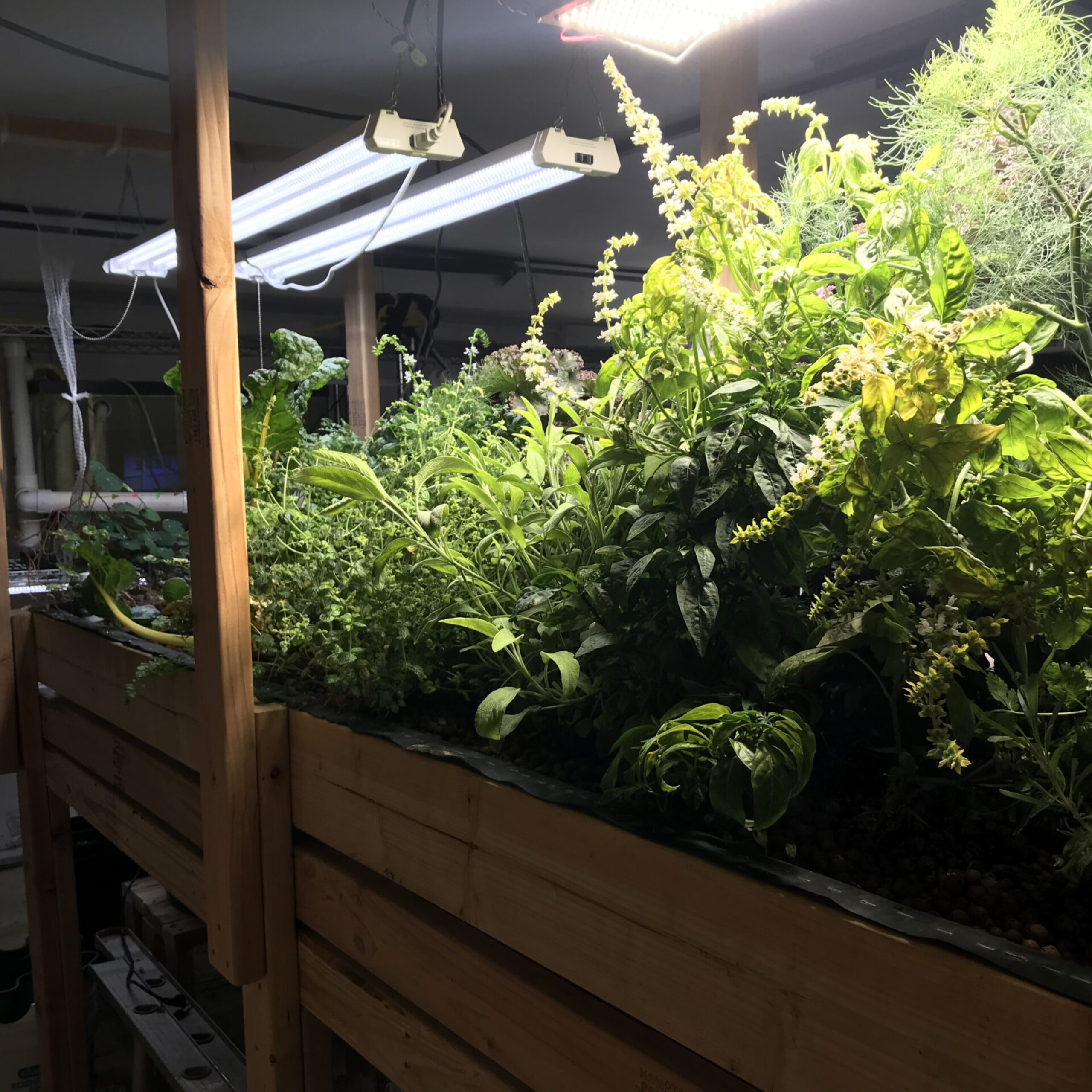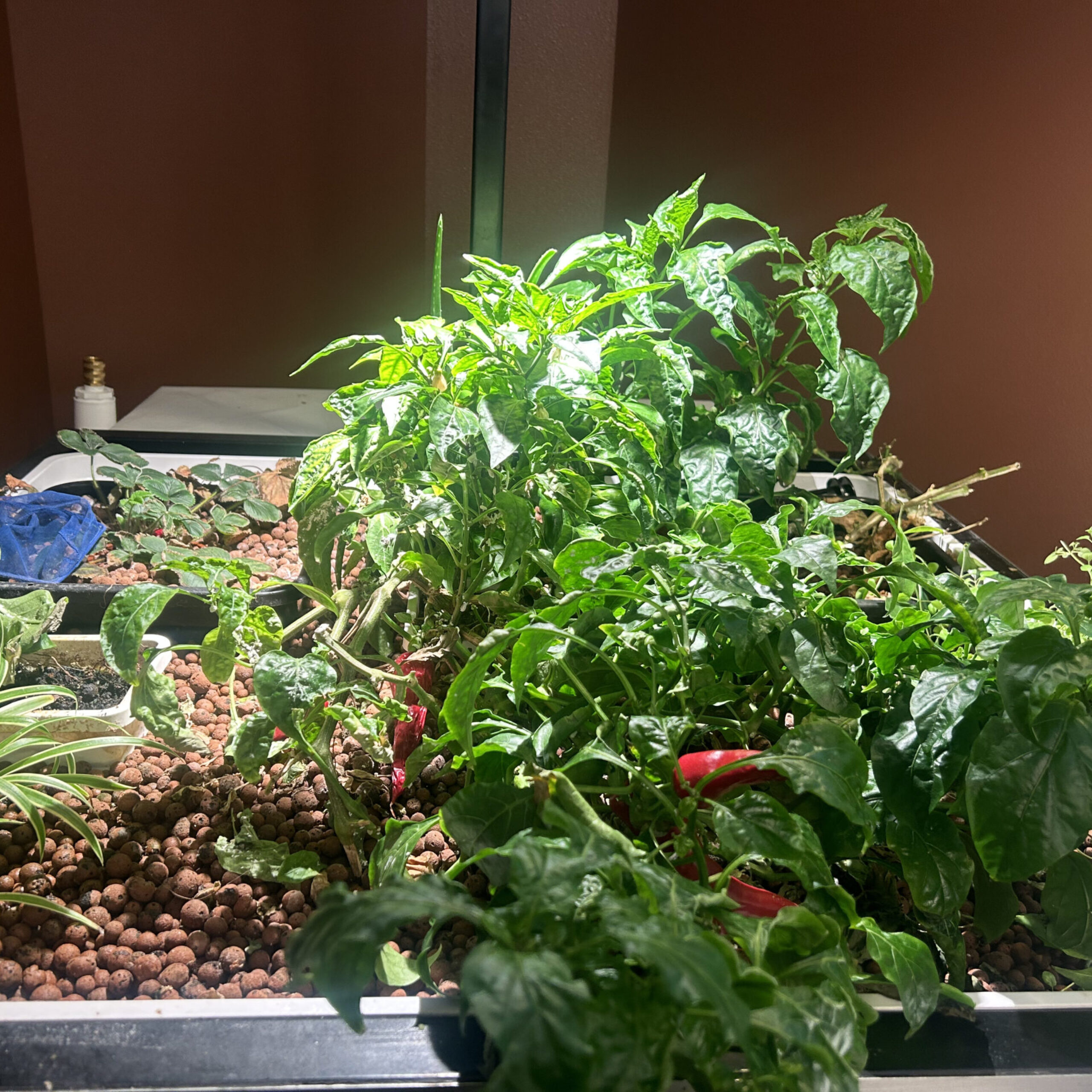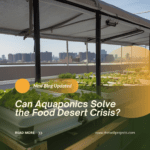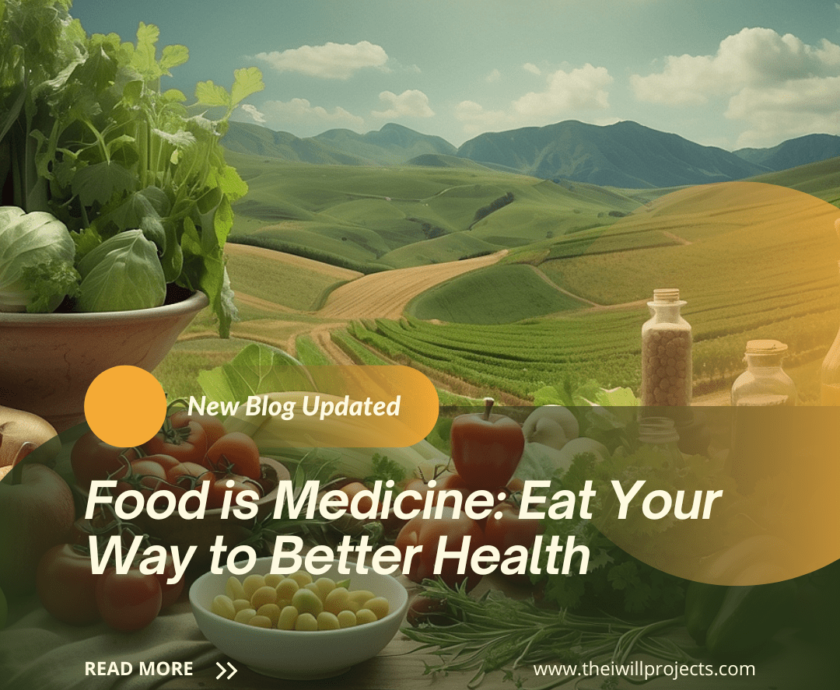“The most ethical diet just so happens to be the most environmentally sound diet and just so happens to be the healthiest.” – Dr. Michael Greger
TweetTable of contents
- Introduction
- The Basics: What Do These Diets Include?
- Nutritional Value: A Comparative Analysis
- Health Impacts: Benefits and Risks
- Environmental Footprint
- Ethical Considerations
- Economic Factors
- Social and Cultural Influences
- Accessibility and Convenience
- Popularity and Trends
- Practical Tips for Transitioning
- Common Myths Debunked
- Aquaponics: A Sustainable Solution
- Conclusion
- FAQs
Introduction
Have you ever thought about what your plate is doing to the planet?
Whether you opt for a juicy steak or a hearty veggie burger, the choice between plant-based and meat-based diets has far-reaching implications.
Not only does it affect your health, but it also leaves a significant footprint on our environment.
Let’s dive into this fascinating topic and unravel the complexities of these dietary choices.
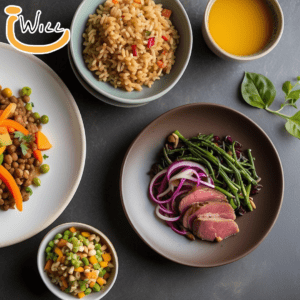
The Basics: What Do These Diets Include?
Understanding the basics of plant-based vs. meat-based diets is essential.
A plant-based diet focuses on foods derived from plants. This includes not only fruits and vegetables but also nuts, seeds, oils, whole grains, legumes, and beans.
Conversely, a meat-based diet includes a significant portion of calories from animal products such as beef, pork, poultry, and fish.
Plant-Based Diet
A plant-based diet isn’t just salads and smoothies. It includes a wide array of delicious and nutritious foods.
Think of hearty lentil soups, savory veggie stir-fries, and creamy avocado toasts.
This diet emphasizes whole, unprocessed foods, and it can be either vegetarian (including dairy and eggs) or vegan (excluding all animal products).
Meat-Based Diet
A meat-based diet typically includes a variety of animal products. From the classic steak and potatoes to chicken tacos, meat-eaters enjoy a diverse palate.
This diet is rich in protein and often includes dairy and eggs.
Many people who follow a meat-based diet also consume a significant amount of processed foods and refined carbohydrates.
Nutritional Value: A Comparative Analysis
When comparing the nutritional value of plant-based vs. meat-based diets, it’s important to look at the key nutrients that each provides.
Protein
Protein is crucial for muscle repair and growth.
Meat is a complete protein source with all essential amino acids.
Plant-based proteins often need to be combined, like beans and rice, to match this.
Vitamins and Minerals
Meat is a rich source of B12, iron, and zinc, which are vital for various bodily functions.
However, plant-based diets excel in providing fiber, antioxidants, and vitamins like C and E.
With careful planning, individuals on a plant-based diet can meet their nutritional needs through fortified foods and supplements.
Health Impacts: Benefits and Risks
Benefits of Plant-Based Diets
Plant-based diets are associated with numerous health benefits.
They are linked to lower risks of heart disease, hypertension, type 2 diabetes, and certain cancers.
The high fiber content promotes digestive health, and the abundance of antioxidants can reduce inflammation.
Risks of Plant-Based Diets
Without proper planning, plant-based diets can lead to deficiencies in B12, iron, calcium, and omega-3 fatty acids.
It’s essential to include fortified foods or supplements to maintain balanced nutrition.
Benefits of Meat-Based Diets
Meat-based diets provide easily absorbable nutrients like B12 and heme iron.
They are also rich in protein, which is beneficial for muscle maintenance and overall strength.
Risks of Meat-Based Diets
High consumption of red and processed meats has been linked to increased risks of heart disease, stroke, and certain cancers.
Additionally, these diets can be high in saturated fats and cholesterol, which may contribute to various health issues.
Environmental Footprint
One of the most significant differences between plant-based vs. meat-based diets lies in their environmental impact.
Land and Water Use
Meat production requires extensive land and water resources.
For instance, it takes about 1,800 gallons of water to produce a pound of beef, compared to just 39 gallons for a pound of vegetables.
Greenhouse Gas Emissions
Animal agriculture is a major contributor to greenhouse gas emissions.
Livestock produces methane, a potent greenhouse gas, contributing significantly to global warming.
In contrast, plant-based diets generally have a lower carbon footprint.
Ethical Considerations
Animal Welfare
Many people choose plant-based diets to avoid contributing to animal suffering.
Factory farming practices often involve inhumane conditions for animals, which raises ethical concerns for many consumers.
Sustainable Practices
Plant-based diets can promote more sustainable agricultural practices.
Crop production tends to have a lower impact on the environment compared to intensive livestock farming.
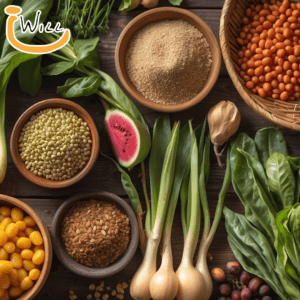
Economic Factors
Cost of Diets
The cost of plant-based vs. meat-based diets can vary widely.
Plant-based diets can be economical, especially when focusing on whole foods like beans, grains, and seasonal vegetables.
However, specialty vegan products can be pricey.
Meat-based diets can also be expensive, particularly if one prefers organic or grass-fed options.
Economic Impact
The meat industry is a significant economic driver, providing jobs and supporting local economies.
Transitioning to more plant-based agriculture could reshape economic landscapes, potentially creating new opportunities in plant-based food production.
Social and Cultural Influences
Cultural Significance
Food is deeply tied to cultural identity.
Meat-based diets are often integral to traditional cuisines and social practices.
Plant-based diets are gaining popularity but can sometimes clash with long-standing cultural norms.
Social Acceptance
In many societies, meat is associated with status and wealth.
Plant-based diets are increasingly seen as trendy and aligned with modern health and environmental consciousness.
Accessibility and Convenience
Availability of Options
Plant-based options are becoming more widely available in restaurants and supermarkets.
However, accessibility can still be an issue in some areas, particularly food deserts.
Meat-based options are generally more ubiquitous.
Ease of Preparation
Preparing balanced meals can be straightforward for both diets, but plant-based diets may require more initial planning and education, especially for those new to this way of eating.
Popularity and Trends
Rising Interest in Plant-Based Diets
The popularity of plant-based diets has surged in recent years, driven by health trends, environmental concerns, and high-profile endorsements from celebrities and athletes.
Enduring Presence of Meat-Based Diets
Despite the rise of plant-based eating, meat remains a staple in many diets worldwide.
The meat industry continues to adapt, offering more sustainable and humane options to meet changing consumer preferences.
Choosing between plant-based vs. meat-based diets is a personal decision that depends on various factors, including health goals, ethical considerations, environmental impact, and cultural influences.
Practical Tips for Transitioning
Gradual Changes
For those considering a switch to a plant-based diet, gradual changes can be more sustainable.
Start by incorporating more plant-based meals into your routine and slowly reducing meat consumption.
Balanced Nutrition
Ensure you get all necessary nutrients by eating a variety of foods.
Consider consulting a nutritionist to help plan a balanced diet.
Exploring New Recipes
Experiment with different cuisines and recipes.
There are countless delicious plant-based dishes to discover, from hearty stews to vibrant salads.
Common Myths Debunked
Myth: Plant-Based Diets Lack Protein
As long as you eat a variety of protein-rich plant foods, such as beans, lentils, and tofu, you can meet your protein needs on a plant-based diet.
Myth: Meat is Essential for Strength
Many athletes thrive on plant-based diets. With proper planning, plant-based diets can provide all the nutrients needed for strength and endurance.
Myth: Plant-Based Diets are Boring
A plant-based diet can be incredibly diverse and flavorful. From spicy curries to savory stir-fries, the options are endless.
Aquaponics: A Sustainable Solution
Aquaponics represents a revolutionary approach to sustainable food production, combining aquaculture (raising fish) and hydroponics (growing plants without soil) in a symbiotic environment.
This system recirculates water between fish tanks and plant beds, using fish waste as a natural fertilizer for the plants.
The plants, in turn, filter and clean the water, which is then cycled back to the fish tanks.
Moreover, aquaponics education is crucial for promoting this innovative farming technique, ensuring that more people can adopt and benefit from it.
Benefits of Aquaponics
Environmental Efficiency: Aquaponics uses up to 90% less water than traditional farming methods, making it an excellent solution in areas facing water scarcity.
Reduced Carbon Footprint: By integrating fish and plant farming, aquaponics minimizes the need for chemical fertilizers and pesticides, significantly reducing the environmental impact.
Local and Fresh Produce: Aquaponics systems can be established in urban areas, bringing fresh produce closer to consumers and reducing transportation emissions.
Nutritional Value
Aquaponics can support both plant-based and meat-based diets.
It allows for the cultivation of a variety of vegetables, herbs, and even fruits, along with fish species like tilapia and catfish.
This integration provides a diverse array of nutrients, supporting a balanced diet.
Ethical and Economic Considerations
Animal Welfare: Fish in aquaponics systems are typically raised in better conditions compared to traditional aquaculture, with more emphasis on their well-being.
Economic Opportunities: Aquaponics offers new economic opportunities, particularly in urban agriculture and local food systems, promoting food security and sustainability.
Furthermore, aquaponics education plays a vital role in empowering individuals and communities to implement and manage these systems effectively.

Conclusion
Choosing between plant-based vs. meat-based diets is a personal decision that depends on various factors, including health goals, ethical considerations, environmental impact, and cultural influences.
Understanding the differences and potential impacts of these diets can help you make informed choices that align with your values and lifestyle.
FAQs
Yes, a well-planned plant-based diet can provide sufficient protein. Incorporate a variety of protein-rich foods like beans, lentils, tofu, and quinoa.
Are plant-based diets more expensive?
Plant-based diets can be economical if you focus on whole foods like beans, grains, and vegetables. Specialty vegan products can be more expensive.
What are some common nutrient deficiencies in plant-based diets?
Common deficiencies can include B12, iron, calcium, and omega-3 fatty acids. Fortified foods and supplements can help address these gaps.
Can I eat eggs on a plant-based diet?
It depends on how you define your plant-based diet. Some people who follow a plant-based diet, known as ovo-vegetarians, include eggs in their meals. However, strict vegans do not consume eggs or any other animal products.
What happens if you suddenly stop eating meat?
If you suddenly stop eating meat, you might experience changes in your digestion and energy levels as your body adjusts to a new diet. It’s important to ensure you get enough protein and other essential nutrients from plant-based sources to avoid deficiencies. Gradual transition and balanced nutrition can help mitigate these effects.
Do vegans live longer than meat eaters?
Some studies suggest that vegans and vegetarians may have a lower risk of certain chronic diseases and potentially live longer due to their diet’s health benefits, such as lower rates of heart disease, hypertension, and type 2 diabetes. However, longevity is influenced by many factors, including overall lifestyle and genetics.
Is it better to eat plants or meat?
The answer depends on individual health needs, ethical beliefs, and environmental concerns. Plant-based diets are associated with numerous health benefits and have a lower environmental impact. Meat-based diets can provide essential nutrients like B12 and iron but may carry higher risks for certain diseases. A balanced approach, focusing on whole foods, is generally recommended.
Can you eat cheese on a plant-based diet?
Cheese is typically excluded from a strict plant-based (vegan) diet since it is an animal product. However, many people following a more flexible plant-based diet might include cheese. There are also various plant-based cheese alternatives available.
Is pasta OK on a plant-based diet?
Yes, pasta can be part of a plant-based diet, especially when made from whole grains or legumes. Be mindful of sauces and toppings to ensure they align with plant-based principles.
Can you eat fish on a plant-based diet?
Strictly speaking, a plant-based (vegan) diet excludes all animal products, including fish. However, some people following a primarily plant-based diet might include fish occasionally, known as pescatarians.
Can you lose weight on a plant-based diet?
Yes, many people successfully lose weight on a plant-based diet due to its high fiber content and lower calorie density compared to meat-based diets. Focus on whole, unprocessed foods for the best results.
Is plant-based actually healthy?
A well-planned plant-based diet can be very healthy. It is associated with lower risks of chronic diseases, better weight management, and improved heart health. It’s crucial to ensure a balanced intake of all essential nutrients.
Can I be plant-based and still eat meat?
Yes, you can follow a plant-based diet while still eating meat occasionally. This approach emphasizes primarily plant foods but allows for flexibility. The key is to focus on whole, plant-based foods as the foundation of your diet while reducing meat consumption.
The I Will Projects, a 501c3 Non-Profit, promotes diverse solutions for global challenges. Our IFIZ education programs, emphasizing aquaponics, and insect farming, empower communities through knowledge, collaboration, and sustainable innovation.
Disclaimer: This blog post provides general health and nutritional information. The author is not a medical professional, and the content should not be used as a substitute for professional medical advice, diagnosis, or treatment. Any application of the material provided is at the reader’s discretion and is their sole responsibility. If you have a medical concern or emergency, please consult with a healthcare provider.





